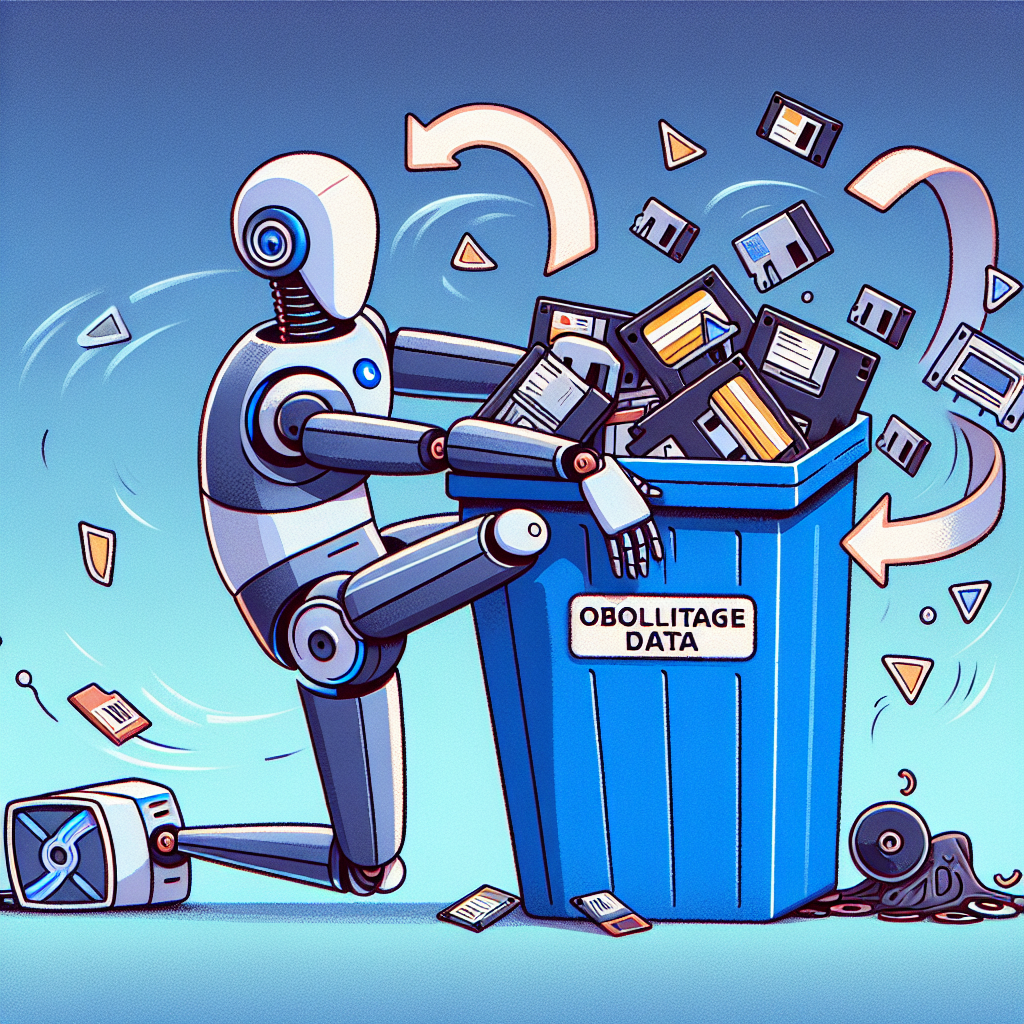“AI Learns Smarter When It Perfects the Craft of Selective Amnesia!”

“Selective Forgetting Can Help AI Learn Better”
“Carrying excess mental baggage might be beneficial after all; at least that appears to be the case for artificial intelligence. Learned behaviors that are no longer useful regularly get discarded, of course—just consider the last time you had to move from one version of Word to another. But for AI, it appears that carrying around that otherwise ‘useless’ information can help make it stronger.”
In case you’re labouring under the illusion that forgetting was a flaw, check out how it’s actually proving to be a strength. At least, when we talk about forgetting in the context of artificial intelligence.
Usually, we humans take pride in learning skills that eventually become second nature. Yet, admit it, most of us have been a victim of the age-old Microsoft Word update conundrum. Just when one gets familiarized with a version, a new update rolls out and it’s back to wrestling with incomprehensible settings and curiously missing features. It’s in these moments our minds naturally discard ‘obsolete’ information while grappling with the new Word gospel. Well, guess what? AI is doing a pretty similar thing and frankly, doing it better.
“Traditional AI systems are crammed with skills that don’t, in the end, make the grade. This information is subsequently expelled from the system in the next learning phase—optimized out of existence because it either offers no advantage or is a detriment to the process. This is called catastrophic forgetting.”
Why not let sleeping dogs lie? This old adage seems to work in the world of AI. The information that didn’t cut the mustard got shown the door, nobody wants an over-optimized system trailing useless details after all. This booting out of extra information is comically termed as ‘catastrophic forgetting.’ But if we pause to consider, it’s not entirely catastrophic, more a purge of unnecessary details.
With the efficiency of a relentlessly ruthless Marie Kondo, conventional AI discards all skills that don’t spark joy (or productivity) in their life. Thus, enabling the opportunity to make space for new, more critical information. Because, at the end of the day, an AI’s ‘learning’ is actually all about adapting and thriving in an ever-evolving digital playground.
However, research today seeks to shift the paradigm. What if we told that holding onto old, ‘useless’ data could play a critical role in AI learning? Yes, it would seem that the furniture we left on the curb could have turned our new place into a Pinterest level masterpiece.
This fresh perspective has it that retaining a bit of this ‘obsolete’ information can actually enhance an AI’s performance, making it more resilient and flexible when faced with new challenges. It’s the proverbial silver lining that might just shine a new light on how we perceive AI learning in the future.
So, the next time you’re struggling to adapt to the stunning world of a new software update, remember it’s probably not just you. Maybe your AI, deleting old, ‘useless’ data, is making the same struggles. And like you, it’s persevering and becoming better at it. After all, selective forgetting isn’t about losing memory, it’s about gaining wisdom. So, cheers to forgetting!
